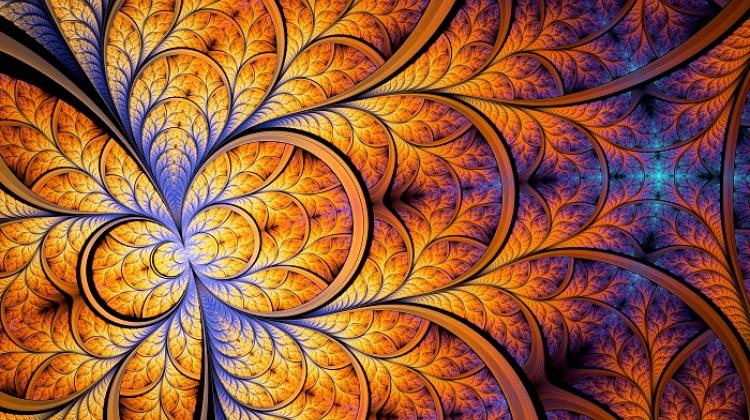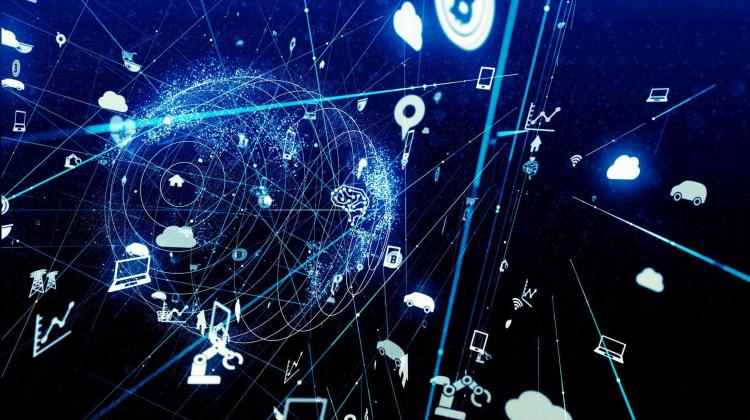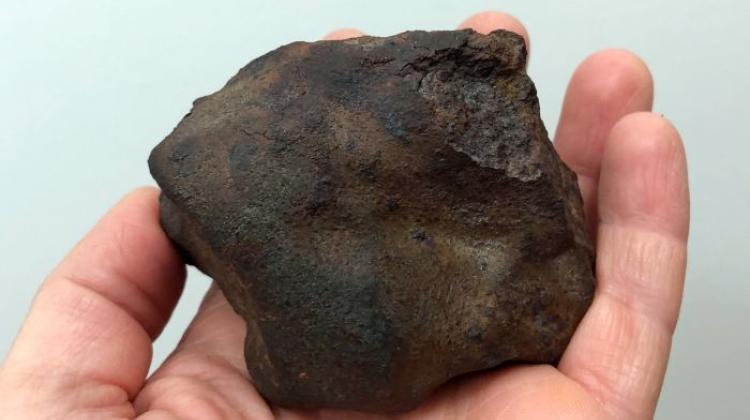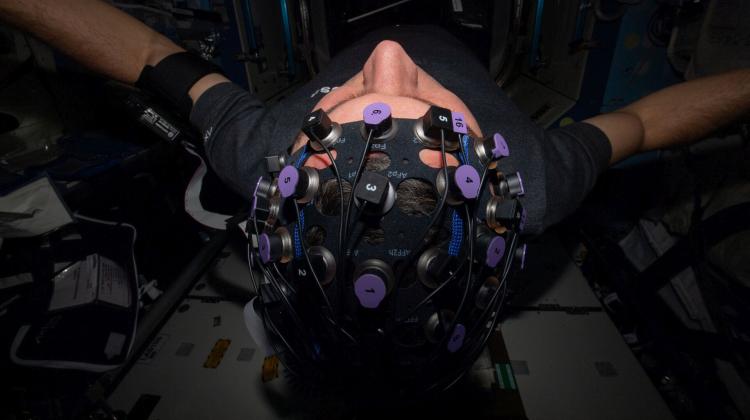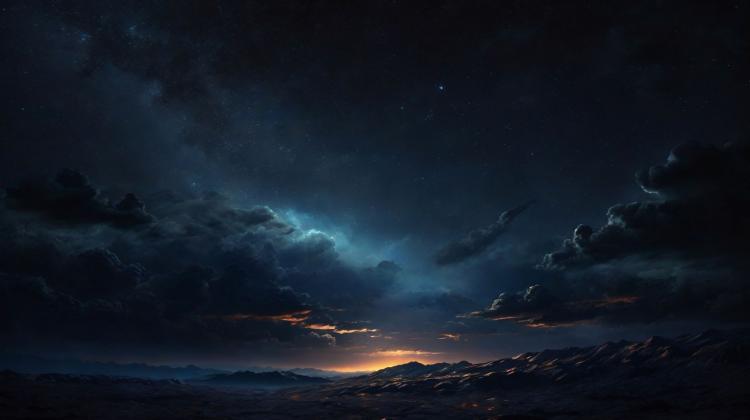From Wednesday anyone can use their smartphones to look for dark matter
 Photo: Fotolia
Photo: Fotolia
From Wednesday everyone interested in the Universe can take part in an unusual space experiment. Only a smartphone is required to participate in the project aiming to discover dark matter.
The experiment is possible thanks to a special app: CREDO Detector, available from Wednesday at http://credo.science
"When you turn on the GPS module, your smartphone will turn into a detector and send information to researchers about the location and time of a particle hit. These data will be analysed at the Academic Computer Centre Cyfronet AGH, which will keep you up to date on the progress in finding dark matter traces" - explained the application author, Dr. Piotr Poznański from Cracow University of Technology.
CREDO Detector will have its premiere on Wednesday, during a two-day (Wednesday, Thursday) seminar at the Institute of Nuclear Physics PAS in Kraków. At the meeting, Polish and foreign physicists will discuss the possibilities and prospects of the CREDO project. The Wednesday session is open to the public.
The author of CREDO Detector noted that the application is best used at night when the phone is not used for other purposes.
Application tests will last for a month. "During that period, we will test its basic functionality, reliability, frequency of cosmic radiation detection and communication with the data centre" - said Poznański.
He expects that after the tests in September the application will gain new functionality and in the autumn "true scientific adventure" will begin, which will attract more researchers from the so-called civic science trend. All the more so that CREDO researchers are also working on small stationary detectors that can be placed in schools, colleges, offices, homes.
The key to success is to create as large research community as possible. "If the project is to succeed, the number of participants must be around a million. It would mean creating the greatest scientific cooperation in the world" - said co-author of the CREDO project, Dr. Michał Krupiński from the Institute of Nuclear Physics of the Polish Academy of Sciences.
He added that all project participants would be able to check how many particles their phones had detected and whether similar events had been recorded in other parts of the world.
"All collected data will be publicly available. Those who use their smartphones to study radiation would also be co-authors of scientific publications produced during the project" - noted Krupiński.
According to researchers, CREDO has a tremendous research potential. In addition to searching for dark matter, scientists also want to carry out geophysical research and verify the hypothesis that there is a link between changes in cosmic radiation levels and earthquakes.
"Until now we did not have the right tools to conduct such research. Will we discover something new together? If we do, such a discovery would certainly deserve the Nobel Prize" - said CREDO project leader Piotr Homola.
The international project CREDO (Cosmic-Ray Extremely Distributed Observatory) was launched last year by scientists from the Institute of Nuclear Physics PAS in Kraków, Cracow University of Technology, AGH University of Science and Technology. Researchers from the Czech Republic, Slovakia and Hungary joined the project.
For over half a century physicists and cosmologists have been trying to figure out what dark matter is. This puzzling component of the Universe can not be seen and, as according to scientists, it has a decisive influence on the evolution of the cosmos. All previous attempts to capture particles of dark matter failed.
Beata Kołodziej (PAP)
PAP - Science and Scholarship in Poland
bko/ agt/ kap/
tr. RL
Przed dodaniem komentarza prosimy o zapoznanie z Regulaminem forum serwisu Nauka w Polsce.


